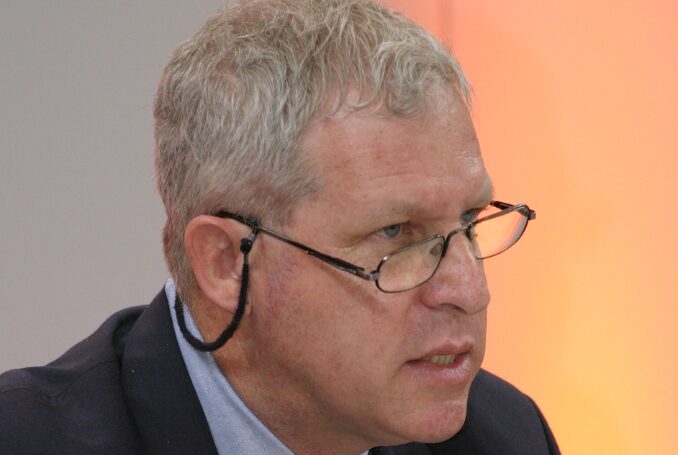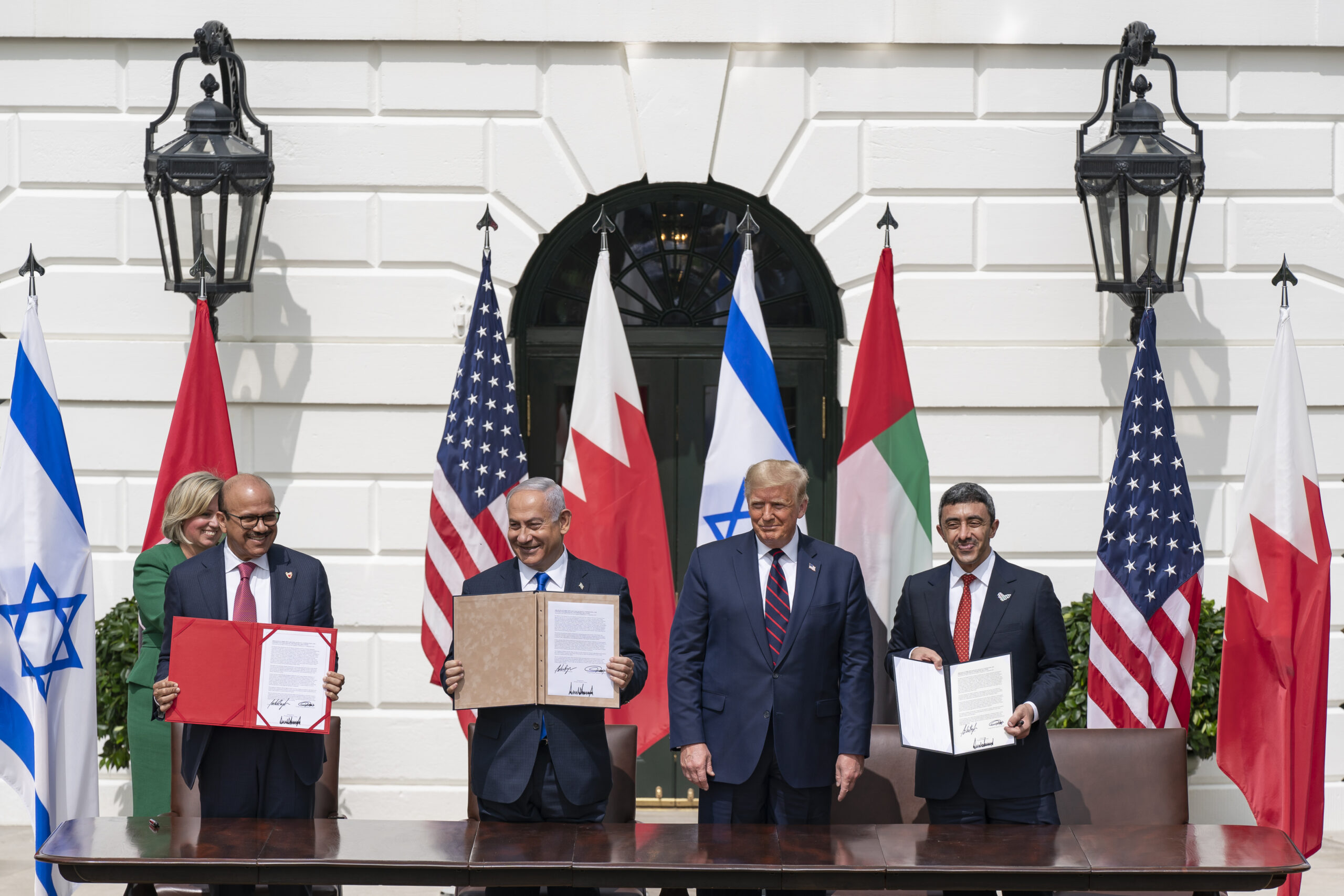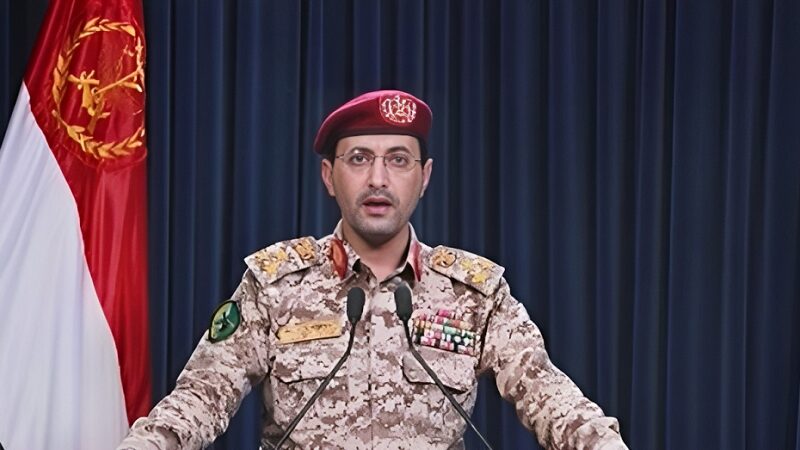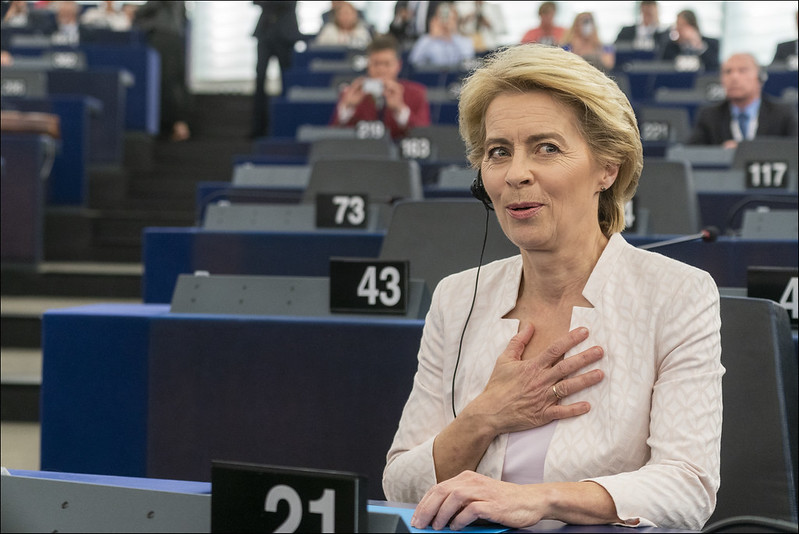From the shores of the Bosphorus to the Straits of Sorrow, from the temples of Luxor to the wastes of Khorasan, from capital cities awash in wealth to those awash in poverty, and from the desks of Islamists and moderates alike, the Muslim world has risen in unison to oppose President Donald Trump’s plan to “just clean out” Gaza.
His proposal would move the entire Palestinian population of Gaza to Egypt, Jordan, and Saudi Arabia, described as the “textbook definition of ethnic cleansing” by the Scottish First Minister Humza Yousaf, and something which has snapped a region typically riven with divisions and violence to perfect attention.
On Wednesday, Egyptian President Abdel Fattah al-Sisi and Jordan’s King Abdullah II stressed the “unity” of their countries’ positions on Gaza, calling for immediate reconstruction “without displacing the Palestinian people from their land,” The New Arab reports, adding that these regimes are substantially supported by the US militarily and economically, but that the Palestinian issue is too sensitive to the broader Muslim community for these leaders to be entertaining Trump’s idea—at least in public.
The Gulf states, Qatar, Saudi Arabia, UAE, and Bahrain, reiterated calls for a Palestinian state, and that any post-genocide Gaza peace agreement must revolve around that to win their support. Bahrain, a signatory of the Abraham Accords, called for the “establishment of a Palestinian state with full sovereignty and in a way that allows peaceful coexistence with Israel”.
On Thursday, Turkish President Recep Erdogan called Trump’s Gaza “Riviera” plan a “major threat to world peace,” on the Indonesian television broadcaster Narasi.
“At the moment, nobody can take Gaza away from Palestinians, from Gazans. I view Trump’s decision to make such an agreement with a murderer like (Israeli Prime Minister Benjamin) Netanyahu and his threats as a major threat to world peace,” Erdogan said.
The leader of Yemen’s Ansar Allah movement, known internationally as the Houthis, Sayyed Abdul-Malik al-Houthi, stressed the need for “a strong, clear, and unequivocal” Arab and Islamic stance in the face of Trump’s proposal in comments made on Thursday.
“We are not surprised by this plan from the US president, whose policies reflect tyranny and a history of criminality,” al-Houthi, who together with his militants withstood a brutal siege that killed over 300,000 Yemenis orchestrated by the US under Trump and Saudi Arabia after seizing control of the country from what they viewed as an illegitimate leader, Mansour Hadi.
He also said that if further attacks should come against Gaza, the ‘Yemeni Armed Forces’ would intervene on the Palestinians’ behalf militarily. “We will not hesitate to strike both the Israeli and American enemies, and we will closely monitor the implementation of the agreement,” he underlined.
Abu Mohammed al-Jolani, the al-Qaeda leader who was recently elected interim president in Syria, who needs the Trump Administration to remove him and his group from the list of internationally-recognized terrorist organizations, nevertheless called Trump’s Gaza proposal “a very huge crime that cannot happen”.
International efforts
Internationally, Arab League chief Ahmed Aboul Gheit also said on Wednesday that ethnically cleansing the Palestinians from Gaza “is unacceptable for the Arab world, which has fought this idea for 100 years”.
“We Arabs are not about to capitulate in any way now,” he said at the World Governments Summit in Dubai.
Iran called an extraordinary session at the Organization of Islamic Cooperation to discuss the threat of Trump’s proposal, led by Iranian Foreign Minister Abbas Araghchi who warned it would “complete the colonial erasure of Palestine”.
“The US-Zionist plan to forcibly expel Gazans and scatter them across other nations is a blatant attempt to destroy Palestinian identity,” Araghchi stated.
“The Organization of Islamic Cooperation must take a decisive and effective decision as soon as possible by holding an extraordinary meeting with the presence of the foreign ministers of the member states to defend the legitimate rights of the Palestinian people,” Iran’s top diplomat said in a phone call with OIC Secretary-General Hussein Ibrahim Taha.

Will anything be different?
The reality is that with the backing of Germany, France, the US, and UK, Israel was allowed to commit genocide as was determined by the International Court of Justice for 16 months, and faced no Islamic or Arab resistance apart from the odd drone and missile launched from Yemen.
The united front in the face of Trump’s plan has allowed some nations such as Egypt and Jordan who might otherwise feel overly pressured by the US to maintain strong rhetoric. That Saudi Arabia and UAE have threatened to withdraw from any discussion of detente with Israel as long as the ethnic cleansing proposal is still a possibility speaks to the strong pressure regional leaders feel to support the Palestinian state rhetorically, even if it means potentially costly demerit points in Washington.
But how far will the rhetoric go? Benjamin Netanyahu and his Likud-led coalition conducted a genocidal siege and similar rhetoric did not interfere with their operations. If the US and Tel Aviv begin ethnically cleansing the Palestinians in Gaza in March, will that rhetoric become anything more, will it dissuade Trump, who doesn’t need to consider re-election pressures?
The Israeli retired general whose plan for defeating Hamas involved bisecting North Gaza from the rest of the strip and ethnically cleansing it recently said Israel “failed miserably” in its war against Hamas, and fell back on the idea of total ethnic cleansing.
“If you occupy the Strip and the civilians remain, Hamas will remain too. Apart from receiving terrible attacks against the occupying force, you will not gain anything,” said the general, Giora Eiland, former head of Israel’s National Security Council, in comments to Israeli news outlet Maariv.
Ethnic cleansing has long been the ideal scenario for Israel, and now that there’s a president in the White House proposing the same, they’re likely to jump at the opportunity. It will take a lot more from the Arab states than just rhetoric for legitimate change in the status quo. WaL
We Humbly Ask For Your Support—Follow the link here to see all the ways, monetary and non-monetary.
PICTURED ABOVE: The signing of the Abraham Accords with President Trump, and representatives from Bahrain and UAE. PC: The White House.



